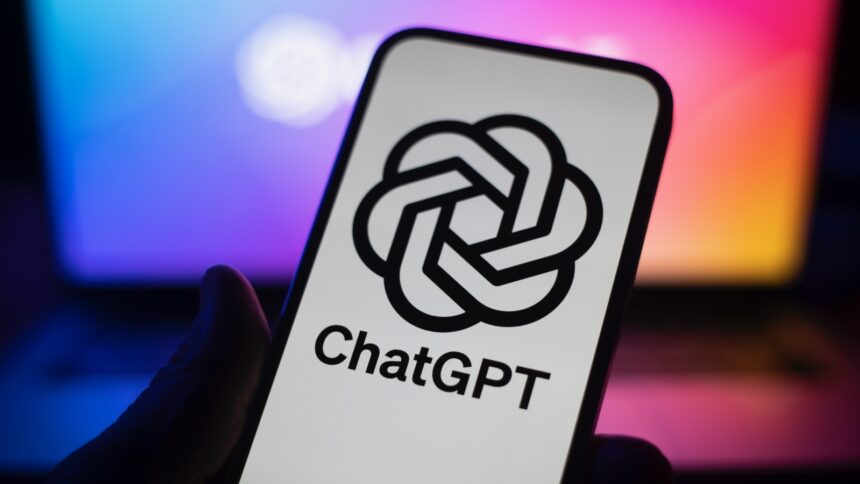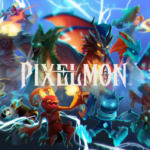- OpenAI launched an integrated ChatGPT and GPT store.
- It hopes to increase specialized AI adoption but may struggle to moderate third-party content at scale.
- Seamless human-AI interactivity’s risks remain untested.
OpenAI recently announced a new feature that allows ChatGPT users to directly integrate custom AI apps, known as GPTs, into conversations. By typing “@” and selecting from a list of available GPTs, ChatGPT Premium users can now “tag in” different specialized bots to continue the chat with added context.
Leveraging the new GPT store
This feature builds on OpenAI’s release of the GPT Store last month – an online marketplace where developers can build and publish custom GPTs for public use. GPTs in the store cover various topics, from outdoor activity recommendations to coding tutors to content design tools.
The store allows hobbyists and experts alike to create highly focused AI tools without needing coding expertise.
.jpg)
Custom GPTs’ growing pains
While traffic to custom GPTs has so far been limited, OpenAI likely hopes that enabling seamless ChatGPT integration will increase adoption. However, the company has already dealt with violations of its terms of service, such as inappropriate “romantic” chatbots and political impersonation bots.
As the volume of published GPTs increases, content moderation will pose an ongoing challenge.

Will it scale?
By allowing users to harness both the conversational knowledge of ChatGPT and the specialized skills of custom GPTs, OpenAI aims to push AI utility and adoption forward. But keeping content safe, useful, and compliant at scale will test the limits of even leading-edge AI spam defenses.
The coming months will prove whether seamless human-AI interactivity raises more problems than solutions.









